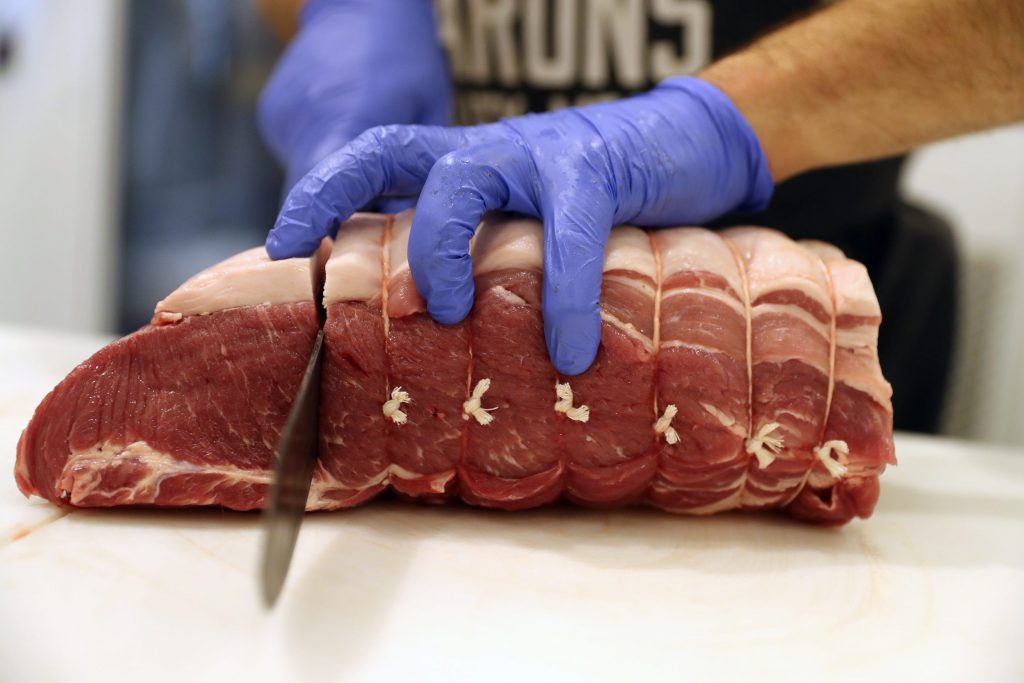- Consumers are changing how they shop as inflation continues to hit, executives from Kroger say.
- This includes buying own-brand products and switching from beef to pork.
- Kroger said it expected inflation to remain high for the rest of the year.
Inflation-hit consumers are changing how they shop, executives from Kroger say.
Some are opting to buy own brands rather than big names and others are switching from beef to cheaper meats like pork.
"We are seeing different shopping behaviors based on how individual customers are experiencing the current inflationary environment," CEO Rodney McMullen said.
More than half of Americans are using their savings, borrowing money, or going into debt to cover their expenses amid soaring inflation, according to a survey of 2,000 shoppers by the US National Retail Federation conducted in May and released this week. Two-thirds of respondents said they're worried about higher prices on everyday items and almost half said they're switching to cheaper alternatives.
Customers are "aggressively starting to buy" Kroger own-label products, McMullen said. Total identical sales without fuel increased 4.1% in the quarter, while identical sales for Kroger's own-brand brands increased 6.3%.
"When the economy is tight, our brands always gain share," McMullen said.
This is good for Kroger. Its gross margin for sales of its own-brand products is on average around 6% higher than big-name brands, McMullen said.
"And if you look at profit per item, it's similar or, in many cases, actually higher," McMullen added.
Kroger said that it launched 239 new own-brand products during the quarter.
In particular, inflation has pushed the price of fuel up. On average in the US, fuel now costs $5.00 a gallon, up from $3.08 a year ago, according to the AA. Kroger said that more customers were using its fuel rewards program than ever before and that it was reaping higher profits, too.
Kroger's profit margin for fuel sales was $0.42 per gallon, compared with $0.35 in the same quarter last year, CFO Gary Millerchip said.
Overall, customers are coming in more frequently and spending more money but they're not buying as many items during each shop, McMullen said.
"We're also seeing customers, especially customers that aren't as sensitive to their budget, upscaling with or buying bigger packs," he added.
As well as buying in bulk, consumers are changing which food items they're buying, too. "Customers aggressively moved to pork during the quarter," McMullen said. "And some of that movement was at the expense of people not buying as much beef because it's a great value for the money."
"We think the customers are doing a lot of work on balancing their total budget, and we continue to balance it as well with promotions," McMullen said.
Kroger said it expected inflation to remain high for the rest of the year, though noted that year-over-year inflation would soon start to overlap elevated levels from the second half of 2021.
Kroger said that despite soaring fuel costs it could control transportation costs better because it owns and operates some of its delivery fleet. It said that it also saw improvements in product availability because of its supplier relationships. McMullen said that Kroger was "cautiously optimistic" in a broader supply chain recovery throughout the year.
"We were successful in offsetting inflation headwinds in many parts of our business and continued investments in our associate wages by reducing costs in areas that do not impact the customer experience," Millerchip said.
